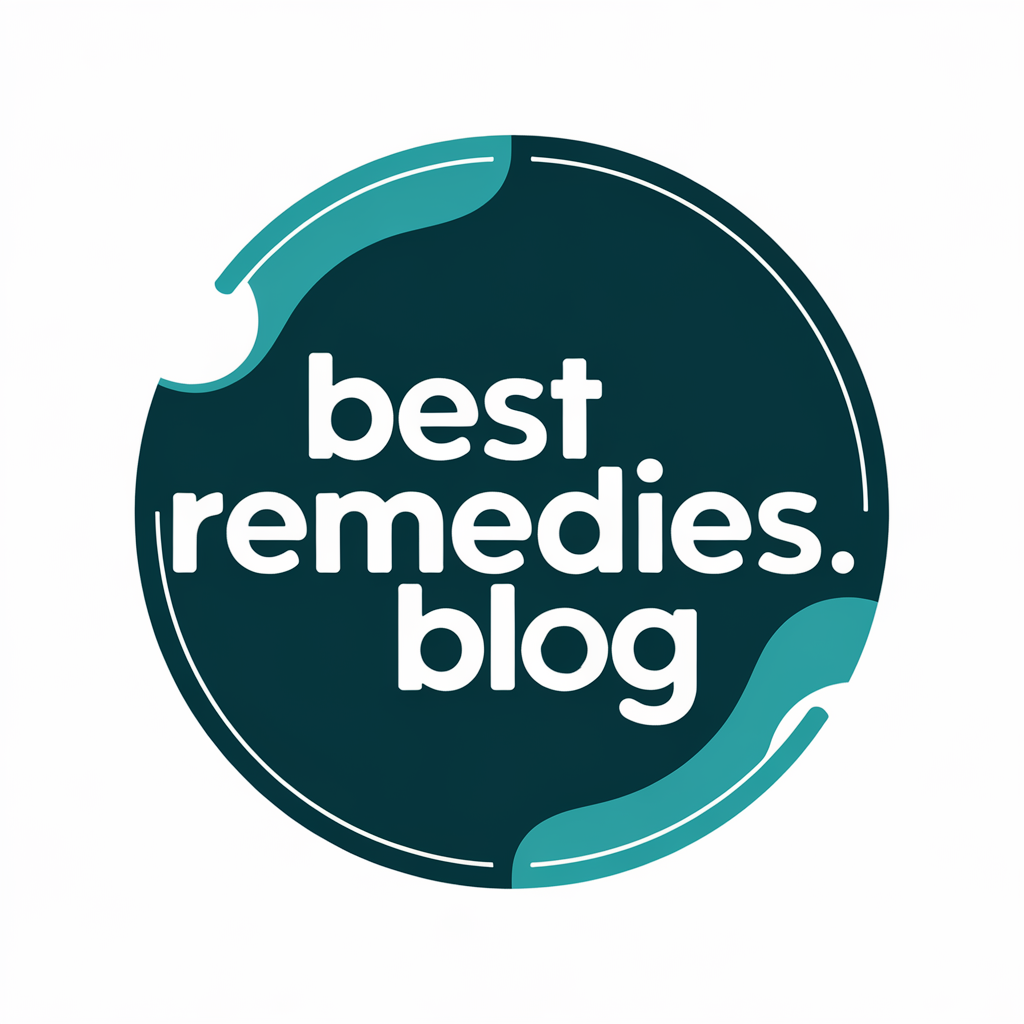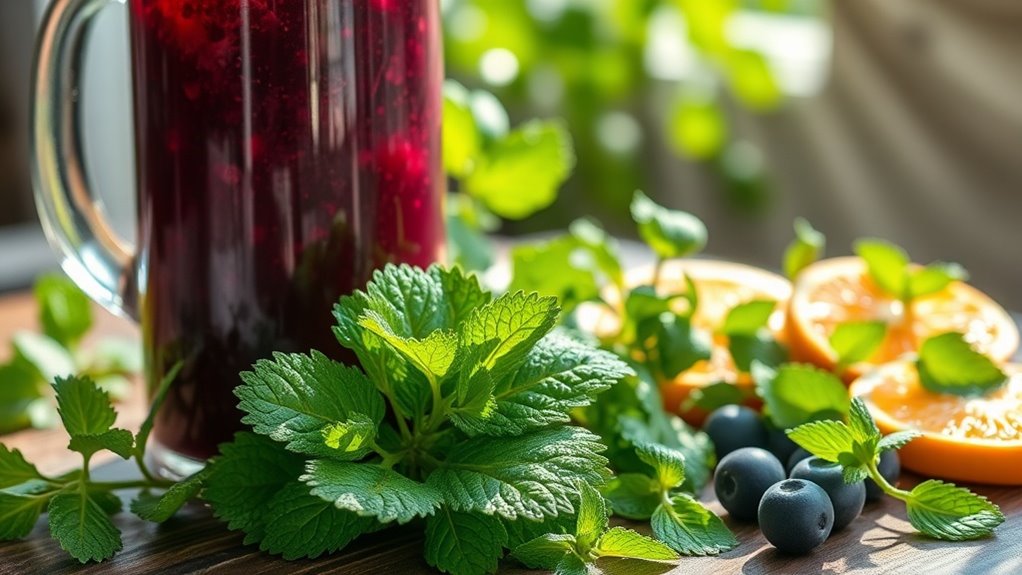By incorporating physical activity into your routine, you’ll find it easier to manage stress and maintain a positive outlook.
Natural Remedies and Supplements
When managing low blood pressure, natural remedies and supplements can play a vital role in your journey to better health. You might consider exploring herbal supplements, staying properly hydrated, and making specific dietary adjustments to support your body. Each of these strategies can contribute to stabilizing your blood pressure and improving your overall well-being. Additionally, incorporating citrus infusions can enhance your hydration and provide immune support, which is essential for overall health.
Herbal Supplements Overview
Herbal supplements can be a beneficial addition to your approach for managing low blood pressure.
They may help enhance your overall well-being and support your body’s natural balance.
Here are three herbal options to evaluate:
- Licorice Root: Known for its ability to raise blood pressure, it helps retain sodium and water.
- Ginseng: This adaptogen may improve energy levels and circulation, contributing to better blood pressure regulation.
- Rosemary: Often used for its stimulating properties, it can encourage circulation and promote blood flow.
Always consult with a healthcare professional before starting any new supplements to guarantee safety and effectiveness.
Hydration Importance
Staying properly hydrated is essential for managing low blood pressure effectively. When you drink enough fluids, it can help increase your blood volume and improve circulation. Consider these hydration options:
| Type of Fluid | Benefits | Tips |
|---|---|---|
| Water | Increases blood volume | Aim for 8-10 glasses daily |
| Electrolyte Drinks | Restores balance | Choose low-sugar options |
| Herbal Teas | Soothes and hydrates | Opt for caffeine-free varieties |
Dietary Adjustments
Maintaining proper hydration is just one piece of the puzzle when it comes to managing low blood pressure.
Dietary adjustments play an essential role in your journey towards stability.
Here are three key changes you can make:
- Increase salt intake: Adding a bit more salt can help raise blood pressure, but consult your doctor first.
- Eat small, frequent meals: This prevents large drops in blood pressure after eating.
- Incorporate more whole grains and lean proteins: These provide essential nutrients to support your overall health.
With these adjustments, you can better manage your symptoms and feel more energized.
When to Seek Medical Advice
When should you consider seeking medical advice for low blood pressure?
If you frequently experience symptoms like dizziness, fainting, or fatigue, it’s time to talk to your doctor.
Don’t ignore extreme cases where your blood pressure drops drastically, especially if you feel disoriented or weak.
Additionally, if you’re experiencing these symptoms post-meal or after standing up, reach out for guidance.
It’s essential to rule out any underlying health issues, particularly if you’ve recently started new medications.
Remember, prioritizing your health is crucial, so don’t hesitate to seek help when something feels off.
You’re not alone in this journey.





